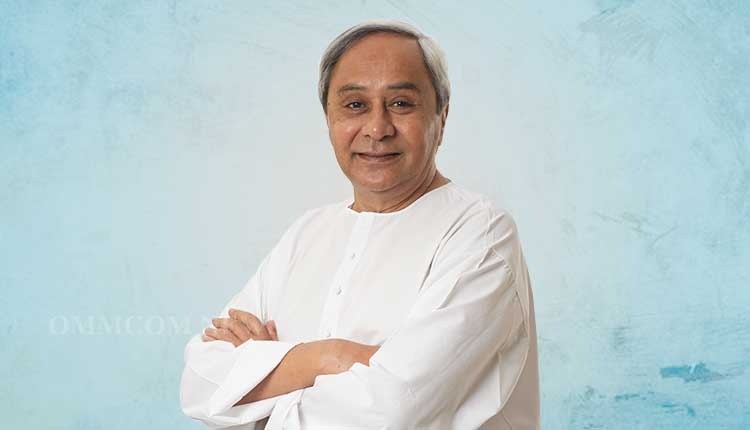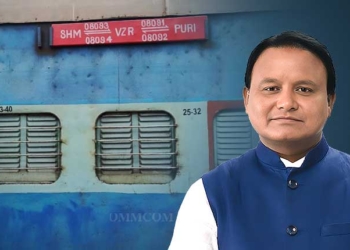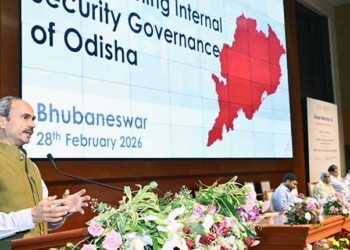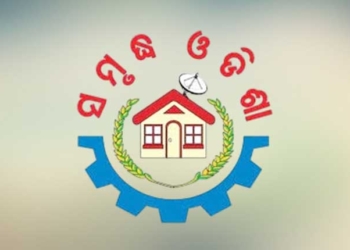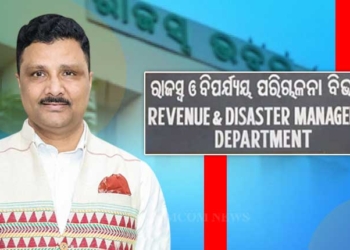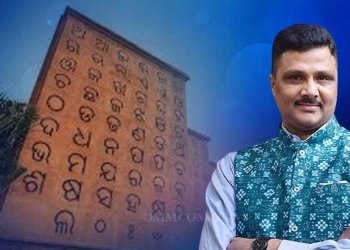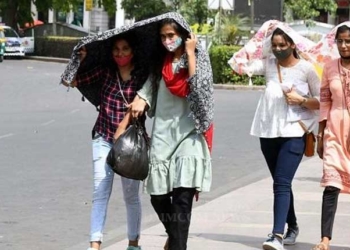An era came to an end in Odisha on Wednesday with the suave and soft-spoken Biju Janata Dal (BJD) supremo and Chief Minister Naveen Patnaik bowing out of office after a shocking defeat in the general elections. The defeat not only crushed his dreams of being the longest-serving Chief Minister in India but also made the future of the BJD uncertain.
During the last five terms, the BJD government did put the people at the forefront and heralded an era of good politics, the chief attributes of which are numerous welfare policies for poor and underprivileged people of the state, including a kilo of rice for Re 1, the KALIA, (Krushak Assistance Livelihood and Income Augmentation) scheme for farmers, Biju Swasthya Kalyan Yojana (BSKY), Laccmi Bus Service, construction of high-quality roads across the state and especially economic and political empowerment of women through Mission Shakti and self-help groups (SHGs) which enlisted a massive seven million women across the state.
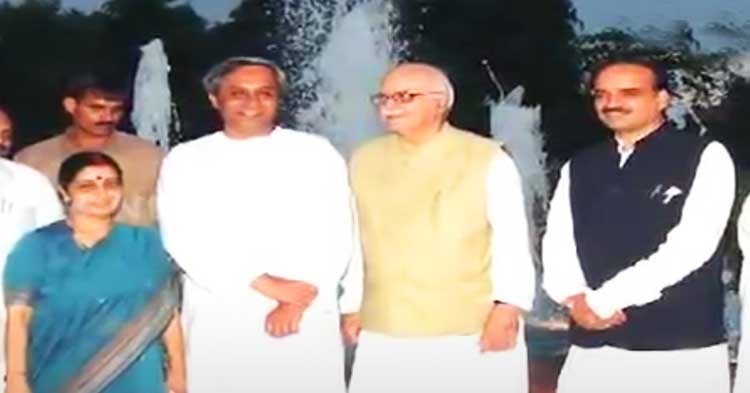
It is often said that in politics perception is truth. In the case of Naveen, the perception among people is that he has been a rare breed of leader who speaks less and works more and whose performance is more expressive and eloquent than his written or spoken words or even unspoken articulations. This perception of people based on facts and lived-in experience on a day-to-day basis was evident in the wide spectrum of activities undertaken by his government during the eventful tenure of 24 years.
In implementing welfare policies for ensuring food, human, and health security to vast masses of ordinary people and ensuring massive mobilisation of women through a well-conceived policy of Mission Shakti which created more than half a million self-help groups and enlisted seven million women in them, the leadership of Naveen created a bulwark of strength on an enduring basis. It is an idea, a movement, and a revolutionary action of far-reaching significance engineering social transformation and change and enhancing the capability of people.
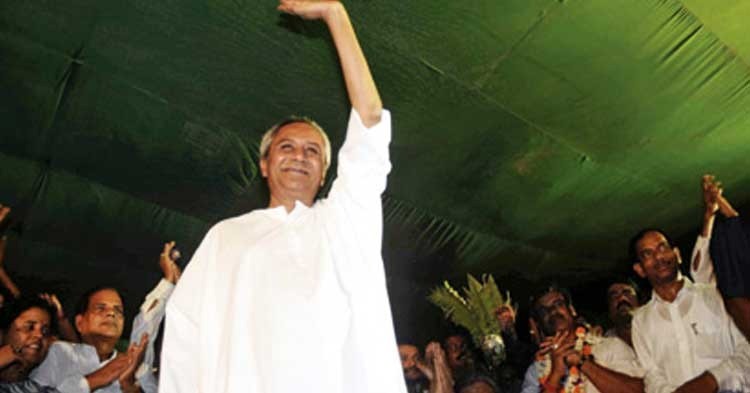
What one sees in the practical implementation of these policies of Naveen is the exemplification of the capability approach of Professor Amartya Sen who enunciated that public policies in a democracy should be framed for enhancing the capabilities of people and fulfillment of their legitimate entitlements.
As far as women’s empowerment is concerned, it was Naveen who made history in our country by fielding women from his party in one-third of the 21 parliamentary seats of the state. It was an extraordinary decision that fructified the vision of Mahatma Gandhi who as early as 1931 wanted that there should be more women in our legislatures. Patnaik’s decision in tune with Gandhi’s vision set a national narrative and inspired leaders like Mamata Banerjee and Rahul Gandhi to announce similar measures.
Naveen’s tenure with a huge women’s political empowerment brings out the inclusive ideals in his personality profile which represents soft power the defining aspects of which are persuasion and attraction and not coercion, imposition, and domination. This soft power of Patnaik manifested in his day-to-day conduct in politics and public life eschewing harsh words, bitterness, and acrimony even against his bitterest opponent has endeared himself to people across India and set out a fine example of statesmanship, sanity, dignity, and decency which are seriously compromised even among the top leadership of our country.
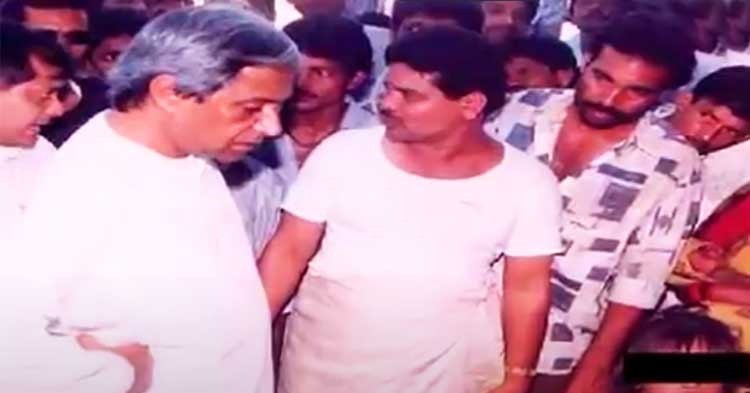
This soft power is a form of non-violence that is derived from Mahatma Gandhi’s worldview. He has consistently promoted the cause of non-violence. On the occasion of the 150th anniversary of Mahatma Gandhi, he suggested for inclusion of non-violence in the preamble to the Constitution of India and stated that by doing so the country could pay real tribute to Mahatma Gandhi. In promoting the cause of non-violence he has promoted the cause of democracy and deepened its roots.
In stressing non-violence and taking forward the cause of dialogue and debate the leadership in Odisha represented by Naveen has taken a very significant step to save our democracy which is facing mortal danger from political formations openly espousing the cause of violence and lynching people in the name of food, dress and faith.
Apart from providing effective governance, Naveen Patnaik has set global standards in successfully managing disasters, both man-made and natural.

The effective governance of Naveen Patnaik has helped in meeting the challenges posed by storms, cyclones, and other natural calamities often causing havoc in Odisha and resulting in huge loss of life and property. During the freedom struggle, Mahatma Gandhi deeply reflected on recurrent natural disasters hitting the state and described Odisha as “the land of tears and sorrows”. That was in the late 1920s. The Justice HR Khanna Commission of Enquiry set up to go into charges against some leaders of Odisha had observed in its report that the state has been treated as the Cinderella of modern India. It means that the state hardly received legitimate attention and care at the hands of the successive Union governments. The state of Odisha of the 21st century was condemned to be the Cinderella of modern India despite the repeated demand by the Chief Minister that the state should be accorded special status because of its vulnerability to natural calamities and other social and economic problems.
More than elections, effective governance is important for running the machinery of a state and dealing with natural disasters. Odisha “the land of tears and sorrows” and the Cinderella of modern India was yearning for a leader to shape its destiny and harness its potentiality. A leader with quiet dignity marked by grace and decency was the need of the hour. It was Naveen who provided that leadership which has transformed the state in a major way.
Since 2000, Odisha under his stewardship has received attention and admiration for giving architecture of statecraft marked by efficiency, effectiveness, transparency, and result-oriented action. The minimum human casualties and loss of property in Odisha during natural disasters have set a new benchmark of excellence in employing government machinery for dealing with calamities. The United Nations has acknowledged that Odisha’s role under Naveen Patnaik’s leadership in successfully handling natural disasters deserves replication at the global level. It testifies to the high-quality leadership of Naveen as Chief Minister of the state.
It is worthwhile to quote Patnaik’s memorable words again while receiving the award of ideal Chief Minister Award. He said, “…election is not important, but change and transformation is important. If you love your people, you don’t fight for elections; you fight for change and transformation.”
It is fascinating to note that Naveen Patnaik echoed the same message while receiving the award of the ideal Chief Minister. He said, “If you work for the people, you will continue to live in the hearts of people like Mahatma Gandhi and Biju Babu. If you keep people at the forefront, it is not a political journey, it is a spiritual experience.




